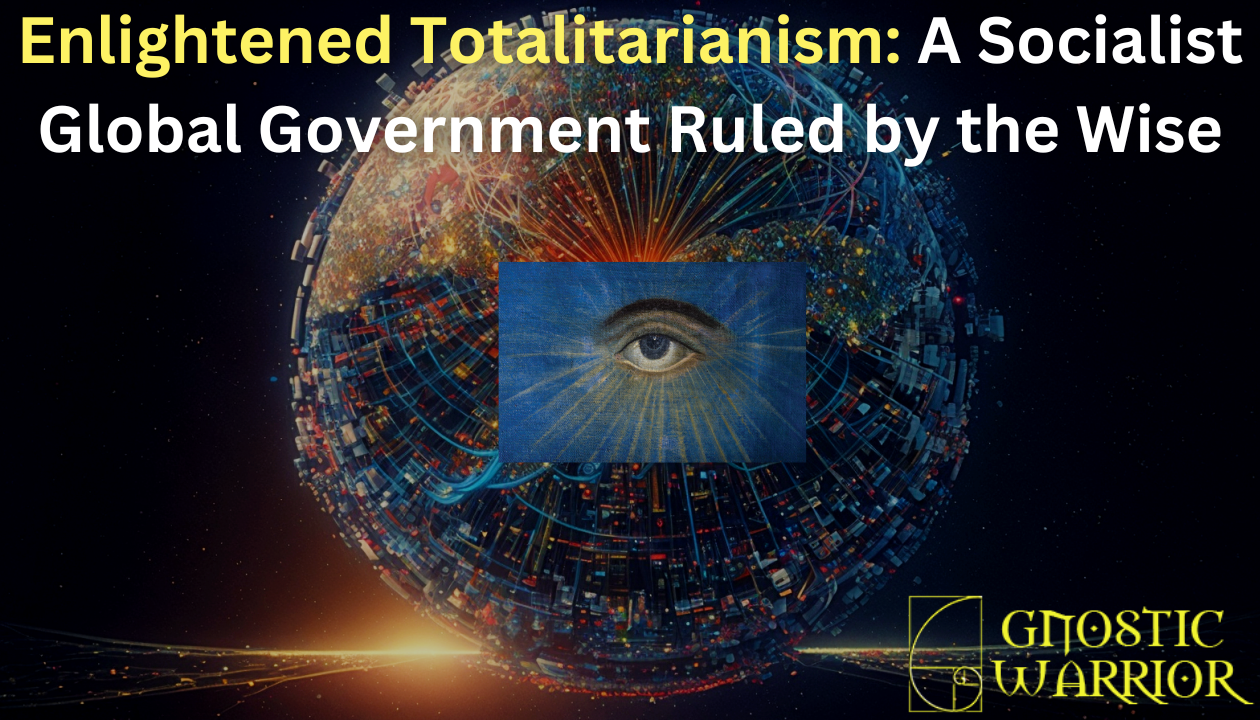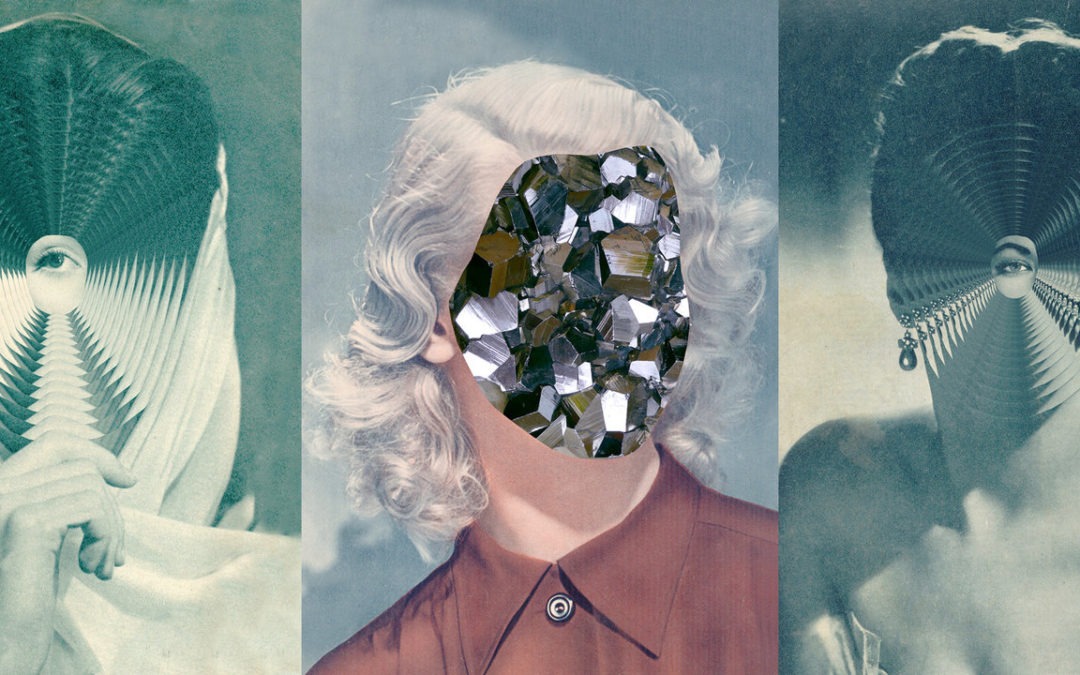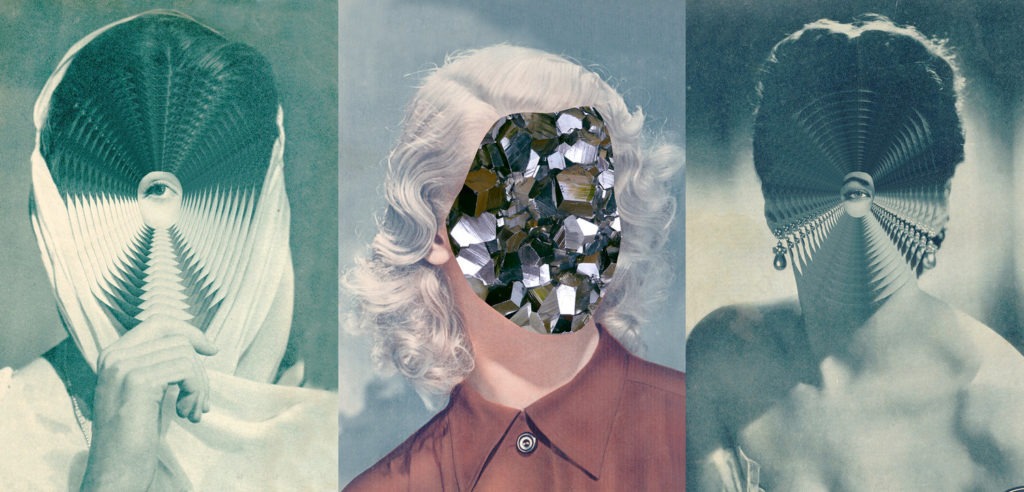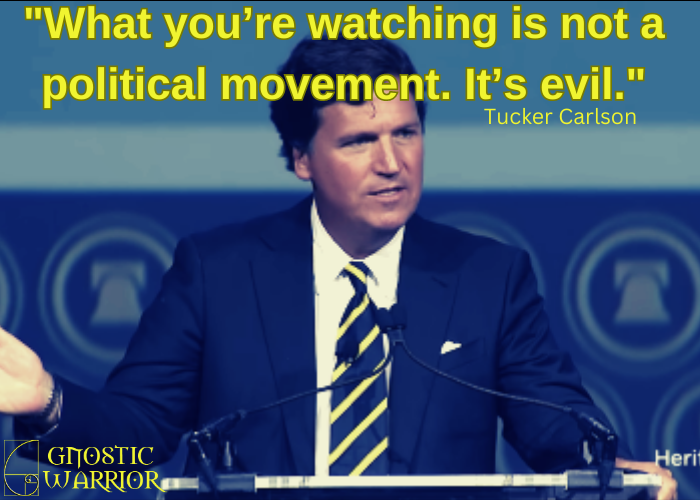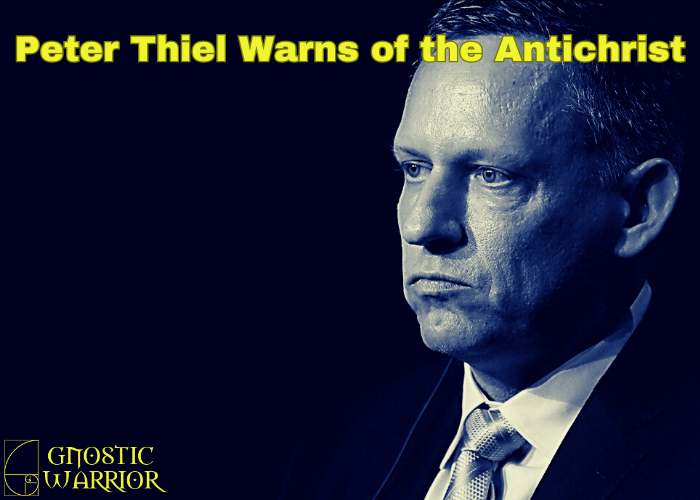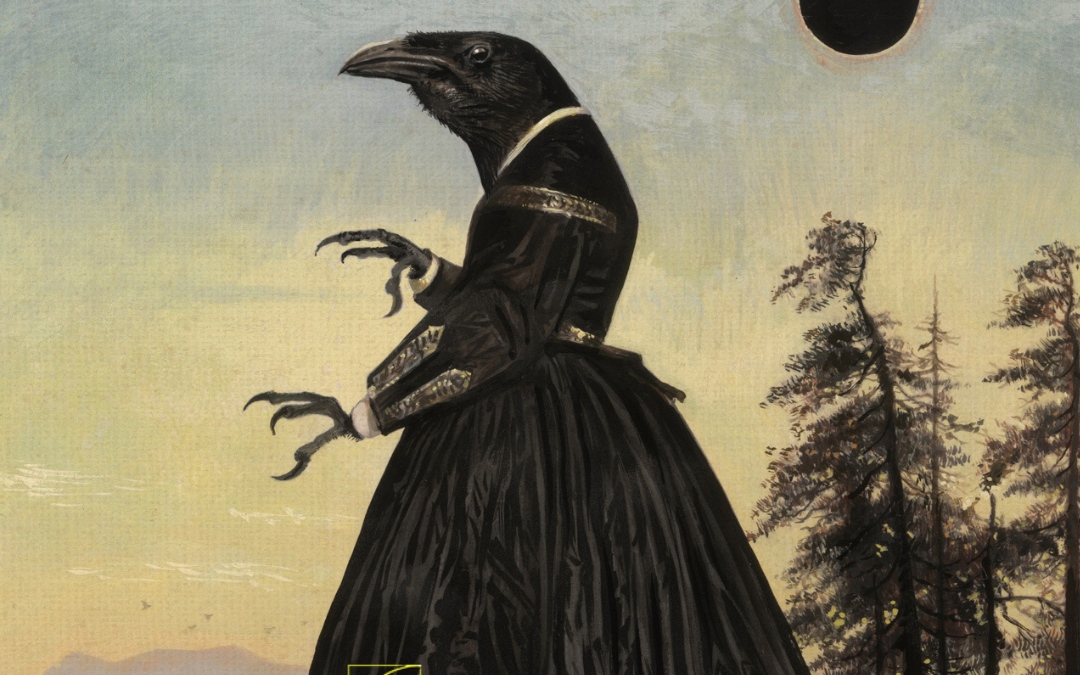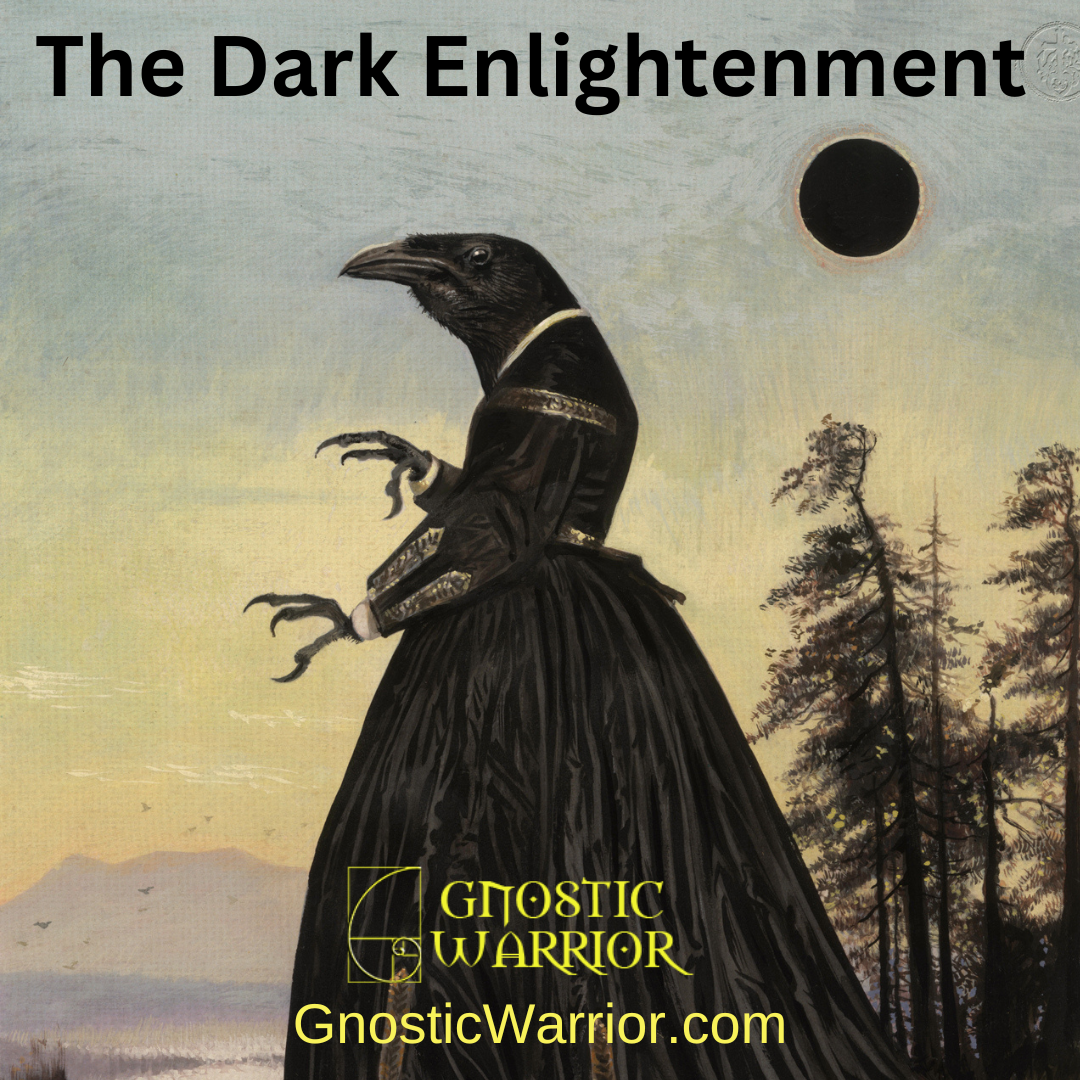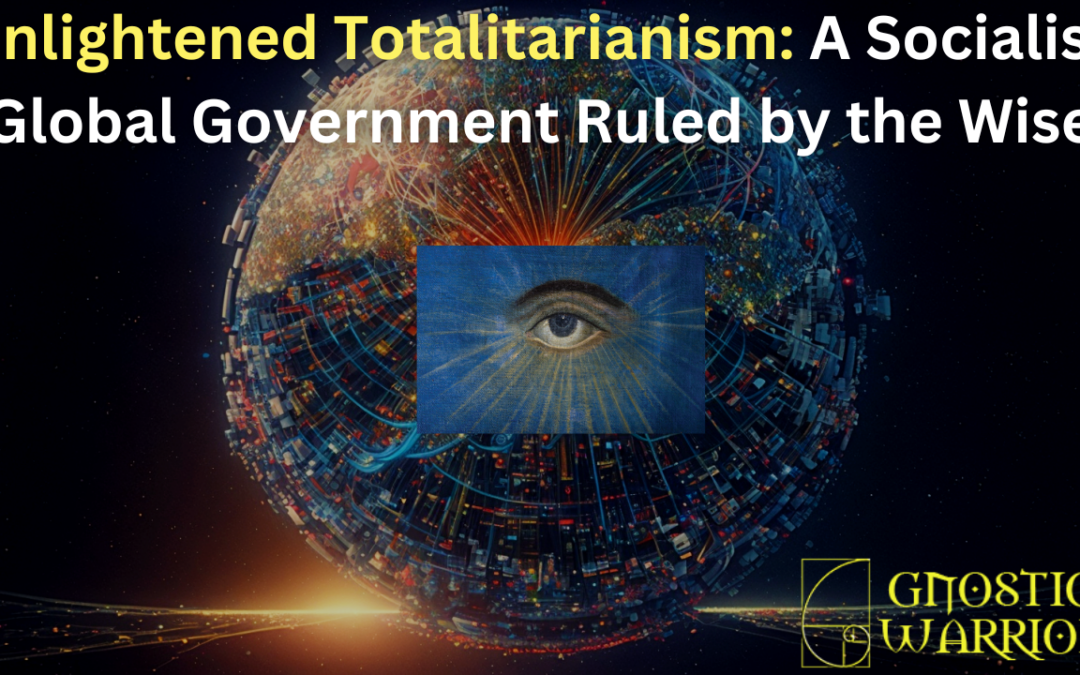
Enlightened Totalitarianism: A Socialist Government Ruled by the Wise
The concept of enlightened totalitarianism refers to a political ideology and form of government where a single ruling authority exercises complete control over all aspects of society as the guiding force for societal progress and development.
It is a complex and contradictory concept that merges elements of enlightenment thinking with the authoritarian nature of totalitarianism into a theoretical framework that attempts to reconcile the pursuit of rationality, progress, and individual freedoms with the need for centralized control and social cohesion.
The concept of enlightened governance emphasizes the pursuit of knowledge, reason, and human progress. Historically associated with the Age of Enlightenment, this approach values the promotion of education, scientific inquiry, and the improvement of society.
This type of governance seeks to apply scientific and technocratic methods to manage society efficiently. Rational planning, state-led industrialization, and societal engineering are seen as tools for progress and improvement.
The term “enlightened totalitarianism” in this context refers to the belief that a ruling elite possesses superior knowledge and wisdom, which enables them to make decisions that are beneficial for the masses, even if these decisions are not necessarily popular or democratic.
It has been used to describe various authoritarian regimes that claim to be working towards a higher purpose or a greater good, even if this requires sacrificing individual liberties or human rights. The ruling authority would make decisions based on what is best for the long-term welfare of society, rather than short-term political or selfish gains.
It champions principles such as rationality, individual rights, and the separation of powers, which are typically absent in totalitarian regimes. Advocates argue that a centralized government, armed with superior knowledge and a clear vision, can efficiently and effectively address societal challenges.
A central tenet of enlightened totalitarianism is the provision of social welfare programs and to ensure that all citizens receive equal access to resources, education, employment, and healthcare to promote social cohesion.
The main goal of enlightenment can be described as the ‘liberation’ of the individual through knowledge (gnosis). In these types of societies, knowledge can lead any person, regardless of race, creed, or religion to the upper ranks of their respective cultures.
Totalitarianism is a form of government that attempts to assert total control over the lives of its citizens. It is characterized by strong central rule that attempts to control and direct many aspects of society and also the laws that govern the people.
However, unlike traditional totalitarianism, which primarily relies on fear, coercion, and violence, enlightened totalitarianism purports to establish a socialist dictatorship that is committed to managing society using reason, and science for the overall welfare of its citizens.
THE HISTORY OF ENLIGHTENED TOTALITARIANISM
The orgins of enlightened totalitarianism is often associated with the political philosopher Plato and his idea of the Republic with the “philosopher-king” who would rule the “Republic” with wisdom and reason.
Plato’s notion of the Republic ruled by the wise would be a similar form of governing to what is called in the modern sense as “communism.” But instead of being ruled by a tyrant and his comrades with an iron fist, it would be governed by the people who had the most widom and experience rather than by political favor or corruption.
In book I, Plato initiates a discussion on justice in Book I by posing a question to Thrasymachus regarding its essence and characteristics, as well as its comparison to injustice (1. 351a). By approaching the concept of justice through its opposite, namely injustice, which he associates with discord, conflicts, and factions, Plato establishes a clear link between justice and unity, which defined his analogy between the individual soul and the city.
Plato states that if injustice has the ability to create division and hostility among individuals within the city (I. 351e), as well as to cause an individual to be mentally conflicted to “have a divided mind and be incapable of action,” indeed, “to be at enmity with all who are just as well as with himself” (I. 352a), justice must be the antithesis of such divisive forces.
Justice, according to Plato, embodies unity, harmony, and complete agreement among the various components, be it within the city or the individual soul.
Plato believed that a happy and virtuous city must have authoritarian political views that highlighted the establishment of a hierarchical society with superior individuals who possess knowledge of the form of justice. According to Plato, these superior individuals were the only ones fit to govern the majority of people, as the masses had limited knowledge and were incapable of self-rule.
Virtues are ranked hierarchically, with wisdom at the top. Courage, moderation, and justice complement wisdom. A person born with the virtue of wisdom excels in offering good advice and makes a wise ruler.
The ruler requires the cooperation, not competition, of others. Those with the virtue of courage must defend the ruler’s opinions. Even when those charged with governing have differing opinions on certain matters.
The wise guardians understand that not every decision, rule, or law will be unanimously agreed upon by every single person who may have different desires based on their upbringing but can have the courage to possess moderation by balancing their desires and pains for the greater good.
Likewise, a rule will also evaluate and balance their desires for what is right and good for the benefit of the republic.
Justice is a result of this hierarchical arrangement. Thus, a well-governed city is properly ordered and considered just.
When these virtues work together, justice emerges.
According to Plato, a good ruler must possess certain natural qualities in addition to being the sole possessor of weapons. These qualities include being spirited, gentle, and philosophic.
Spiritedness is characterized as the source of anger or rage, which makes the soul fearless and invincible. A guardian should be gentle towards friends and fierce towards enemies.
Although these qualities seem contradictory, Plato believes they can coexist in one person, likening it to a noble dog that is gentle with familiars but savage with strangers.
A philosophic guardian has the ability to differentiate between friends and foes based on their disposition. Ignorance arises when this disposition is absent, indicating a misalignment with one’s natural disposition.
Ultimately, a good guardian is inclined towards friends and disinclined or ignorant towards enemies.
Plato defines the right to rule with the power of knowledge as the ability to effectively practice the ruling art in understanding what is beneficial for the city.
It should not be confused with the ability to mobilize large groups or as a tool to manipulate the emotions of the masses. Its purpose should serve the advantage of everyone and not just favor friends while neglecting enemies.
According to Plato, the art of ruling is not limited to specific occasions or personal acquaintances, but instead has the responsibility to ensure political stability for all individuals in society.
If justice, as a product of the art of ruling, were to operate in such a manner, it would merely be a display of morality without a solid foundation. Such a moral demonstration would ultimately fail, as it relies on individual behaviors rather than principles.
Plato discusses the reasons behind the establishment of a city. He highlights the inability of a single individual to meet all their needs effectively (369b). People come together as partners, supporting and assisting each other.
As there are various needs to be met (such as food, shelter, clothing, and other necessities), a diverse range of arts and artists are required. Given the natural differences among individuals, each person should specialize in a specific art (370b).
The natural division of labor brings advantages like increased efficiency, speed, and quality of production, stemming from innate differences among people. Attempting to perform multiple arts can hinder the fulfillment of essential partnership needs, leading to detrimental consequences for everyone (370c).
Hence, a genuine and thriving city can be seen as an economic arrangement among individuals, where they exchange their production and labor for the benefit of the entire community (371e3-5).
Plato’s ideal city, Kallipolis, imposes restrictions on its inhabitants, limiting their freedoms and enforcing a strict hierarchy. Philosophers are chosen as rulers, and each class is assigned specific tasks according to their abilities.
In addition, residents are subjected to censorship of stories and music, as Plato believes certain narratives corrupt their virtues. The limitations in Kallipolis extend beyond actions, encompassing the stories and melodies that residents are allowed to experience.
Plato believes that poetic tales of gods and heroes, while entertaining and beautiful, corrupt listeners by undermining virtues such as wisdom, courage, moderation, and justice. He fears that citizens may emulate the negative behavior portrayed in these stories.
This paternalistic approach reflects elements of totalitarianism.
Plato illustrates his stance on poetic narration and mimicry by presenting an example of a highly skilled individual capable of perfect imitation. Despite recognizing the beauty and brilliance of such a performance, Plato asserts that the person would be rejected in favor of a less captivating poet who conforms to his strict guidelines.
When discussing an individual who prolonged their life through medicine and healthy living, Plato argues that they should have succumbed to their illness and died. He justifies this by claiming that focusing on one’s own survival prevents an active contribution to society, suggesting that death would be a preferable outcome.
Importantly, Plato emphasizes that Kallipolis is not designed to maximize the happiness of individual residents, but rather to enable each person to be “as happy as their nature allows” through the flawless functioning of the system.
This prioritization of the system and wisdom over individual well-being aligns with the principles of enlightened totalitarianism, rather than a liberal democracy like we have now.
Plato’s portrayal of Socrates as his spokesperson serves as a conduit for expressing his views on the rule of wisdom, being the pinnacle of knowledge and virtue, exerting a form of authority that can be likened to tyranny.
This notion implies that the rule of wisdom is not receptive to external influences, such as words or actions, nor does it align itself with established laws or traditional institutions.
In Plato’s eyes, political theories that encroach upon the authority of wisdom are incompatible with its governance.
Despite this stern perspective, Plato also advocated for the introduction of philosophy into the city. He envisions philosophy as a transformative force that can enrich human life and bring about positive changes.
However, the society that Plato envisions as a result of this philosophical infusion is one that is exclusive and closed-off. It operates within its own distinct framework, detached from external influences and established political systems.
Plato, speaking through the voice of Socrates, asserts that the rule of wisdom is tyrannical and intolerant of words, deeds, laws, and traditional institutions that contradict this enlightened political system.
Hence, the term enlightened totalitarianism.
In Book 8 of Plato’s Republic, a profound analysis is presented, outlining Plato’s argument against the concept of an unrestrained majoritarian democracy. The power wielded by the majority, in its unrestrained form, tends to undermine individual freedoms, creating fertile ground for the rise of tyranny.
Classical liberals, who share Plato’s concerns, find resonance in his arguments against the uncontrolled concentration of power. Their beliefs align with the notion that an excessive concentration of power, whether in the hands of the majority or an authoritarian ruler, can stifle individual liberty and impede the progress of a just society.
Plato’s envisioning of an “ideal city” in his thought experiment involves a proposition wherein rulers and soldiers are prohibited from amassing personal wealth. This particular insight resonates deeply with those who oppose crony capitalism, as it raises a fundamental principle: the pursuit of political power should never be driven by the desire for personal enrichment.
Plato’s argument serves as a timeless reminder that seeking political power should be driven by a genuine desire to serve the common good and uphold justice, rather than as a means for exploitation of power for individual gain to amass personal wealth.
In essence, Plato’s critique of majoritarian democracy and his emphasis on the need to separate political power from personal wealth align with the principles upheld by classical philosophers and liberals.
In our current democratic societal structure which is governed by the laws of neoliberalism, capitalism, business success, and money are the primary driving factors that determine a person’s worth and status regardless of their talents, morals, and ethics. It allows immoral and unethical people to cheat and or use their power to rise to the highest political offices for purely selfish goals.
Thus, a capitalistic hierarchy is naturally inverted by its nature, and the modern ruling class would be considered illegitimate based on its corrupted structure. In the past, these people have been labeled the bourgoises and today we use labels like the Western elite.
A new enlightened elite would dismantle the inverted nature of the modern capitalist system using the very machinery and technocracy they created to remove the corrupted bourgeoise from their pedestals permanently and place people, things, and places in their proper order.
Hence, the Masonic motto, “ORDO AB CHAO (Order from Chaos)”.
As Dr. Nicolas Laos explains in his book, “The Modern and Perfecting Rite of Symbolic Masonry;”
“Thus, instead of advocating for the dictatorship of the capital, the dictatorship of the proletariat, democratic illusions, or for postmodern grievance groups, we propose a model of government by what Socrates has called the “epaiontes” (i.e., “those with real understanding,” the “genuine experts,” “those who perceive things according to their nature”).”
What Nicolas Laos calls, “critical rational socialism.”
CONCLUSION
The concept of an enlightened totalitarian government is highly controversial, as it is difficult to reconcile the idea of total control with individual liberties and freedoms.
Proponents of enlightened totalitarianism such as myself argue that in complex and rapidly changing societies, a strong and centralized authority is necessary to navigate challenges effectively. The current so-called democratic systems, with their checks and balances, are slow, inefficient, and prone to gridlock.
By removing obstacles such as political opposition, bureaucratic red tape, and lengthy decision-making processes, an enlightened government can expedite reforms and implement necessary changes swiftly.
Totalitarianism often begins with the establishment of an overarching ideology, like Marxism-Leninism, which serves as the guiding principle for the ruling party. The party tightly controls all aspects of society, including the economy, politics, media, education, and culture.
However, this notion raises significant ethical concerns and challenges the core values of individual liberty and human rights. In practice, people are reminded of totalitarian regimes throughout history that have often been marked by oppression, censorship, and a lack of basic human rights.
However, his regime’s repressive nature, censorship, and suppression of dissenting voices reflected the reality of enlightened totalitarianism.
The state exercises strict control over media and communication channels to manipulate information and shape public opinion. Propaganda is used to glorify the ruling party, its leaders, and their ideology, while suppressing dissenting views and alternative ideas.
A totalitarian system concentrates power in the hands of a small group or an individual leader. This central authority makes key decisions and sets policies without significant opposition or checks and balances.
One prominent instance was during the reign of Emperor Napoleon Bonaparte in France. Napoleon aimed to consolidate power and centralize the state, introducing liberal reforms inspired by Enlightenment ideals. He sought to bring stability, promote secularism, and modernize French society through legal and educational reforms.
The specifics of how a modern totalitarian system operates can depend on historical, cultural, and geopolitical factors.
In Germany, we saw the rise of Fascism under the banner of National Socialism with Adolph Hitler or Russia with Communism and the likes of Stalin, and Lenin.
Lenin, for example, led the Bolshevik Party and became the head of the Soviet government taking the idea of class struggle to a global scale. It is important to note that while Marxism-Leninism has been influential in shaping totalitarian systems, the implementation and characteristics of such systems can vary in different contexts.
Other modern examples can be found in other nations such as Russia, China, Cuba, and North Korea.
The Illuminati seeks to use enlightened totalitarism to dismantle the existing world order of Capitalists and establish a global socialist society.
Nicolas Laos provides context to the plan;
“As regards the political history of the Western world during the 19th and the 20th centuries, the most important political force that belongs to Quadrant IV is Marxism–Leninism.
However, the Modern and Perfecting Rite of Symbolic Masonry offers a new ideology that belongs to Quadrant IV; and, as I mentioned earlier, this ideology is an aristocratic and scientifically rigorous conception of socialism that utilizes and endorses several aspects of Marxism–Leninism, but its roots can be traced to Plato’s political thought, practical philosophy, cybernetics, and a universal ethic inspired by Buddha, Confucius, Orpheus, Socrates, and Kant.”
This is my notion of “enlightened totalitarianism,” which, as a matter of fact, has, in an eclectic and rational way, assimilated various elements of the thinking of previous (liberal and non-liberal) political theories.”
SOURCES:
Plato: The Republic
Plato as Enemy of the Open Society – Popper, Karl
Plato: Totalitarian or Democrat? Ed. Thomas L. Thorson. Englewood Cliffs, N.J.: Prentice Hall, 1963
The Modern and Perfecting Rite of Symbolic Masonry; (Page 88-90)

Moe is the founder of GnosticWarrior.com. He is a father, husband, author, martial arts black belt, and an expert in Gnosticism, the occult, and esotericism.

